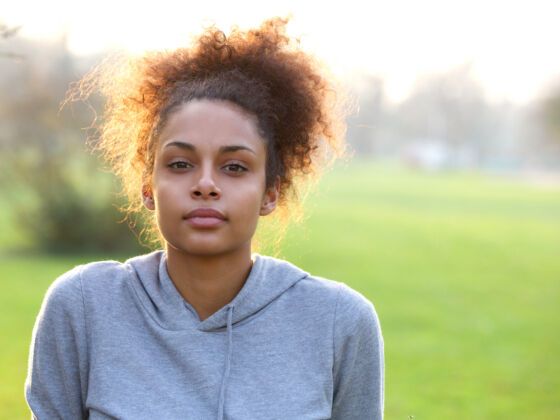In my mind, I imagined moving to Spain to be my own rendition of Eat, Pray, Love a journey which would enliven me, shake me up and leave me changed forever.
It did. Just not in the ways I expected.
Though I thought I had considered every possible scenario I could encounter on my journey moving to a foreign country, what I never considered what it would mean for me — as a Black and African woman.
